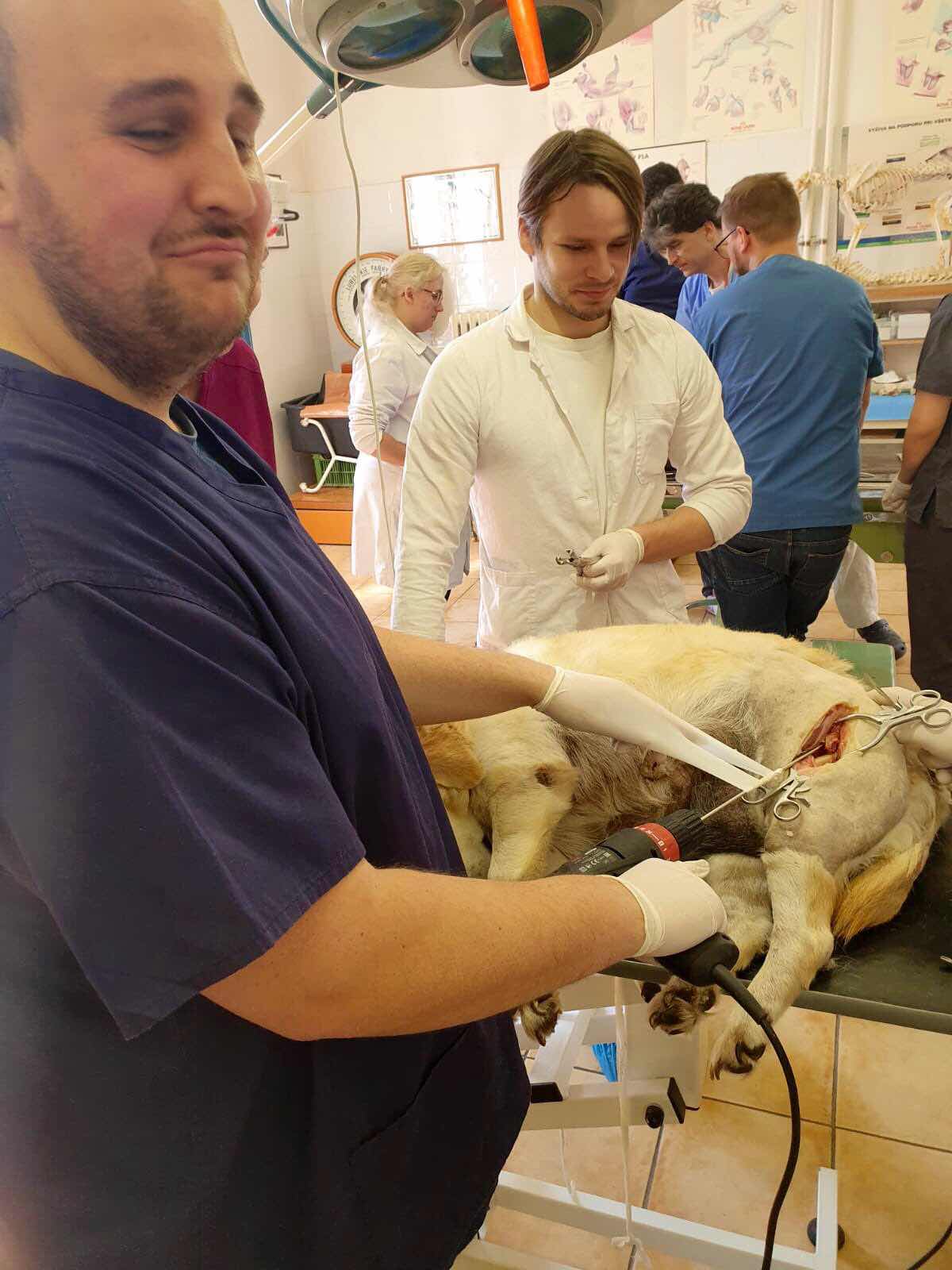I've just sat my General Surgery exam and really pleased with how it went.
I thought the subject was really interesting so took the time to study it properly, bought the BSAVA Surgical Principles textbook and read the whole thing then watched lots of videos about the practical parts of the exam; suturing, catheterisation, endotracheal tube placement, bandaging.
The first part of the exam was practical where we had to demonstrate different suture techniques and then talk through preparing an animal and ourselves for surgery; clipping, scrubbing, gowning, gloving etc.
Next we went into the theory part where we choose two questions from an envelope, write answers and then explain them to the professor. As they're oral it means we hear the students ahead of us speaking and the two people before me failed so I was nervous going in...
I picked Suture material selection and characteristics, knots and techniques and then Perioperative patient monitoring. Both questions I'd studied well and was able to talk about things I'd regularly seen in practice. Professor stopped me mid way through my second question and gave me an A!
I came home after the exam and wrote my Haematology final report, handed it in this afternoon and got an A in that too.
If you've read other posts you'll know I'm not a Straight-A student so I'm delighted with that!
All the weeks spent seeing practice back home paid off. It's given me a boost to study hard for the next few exams and get home for summer.


























